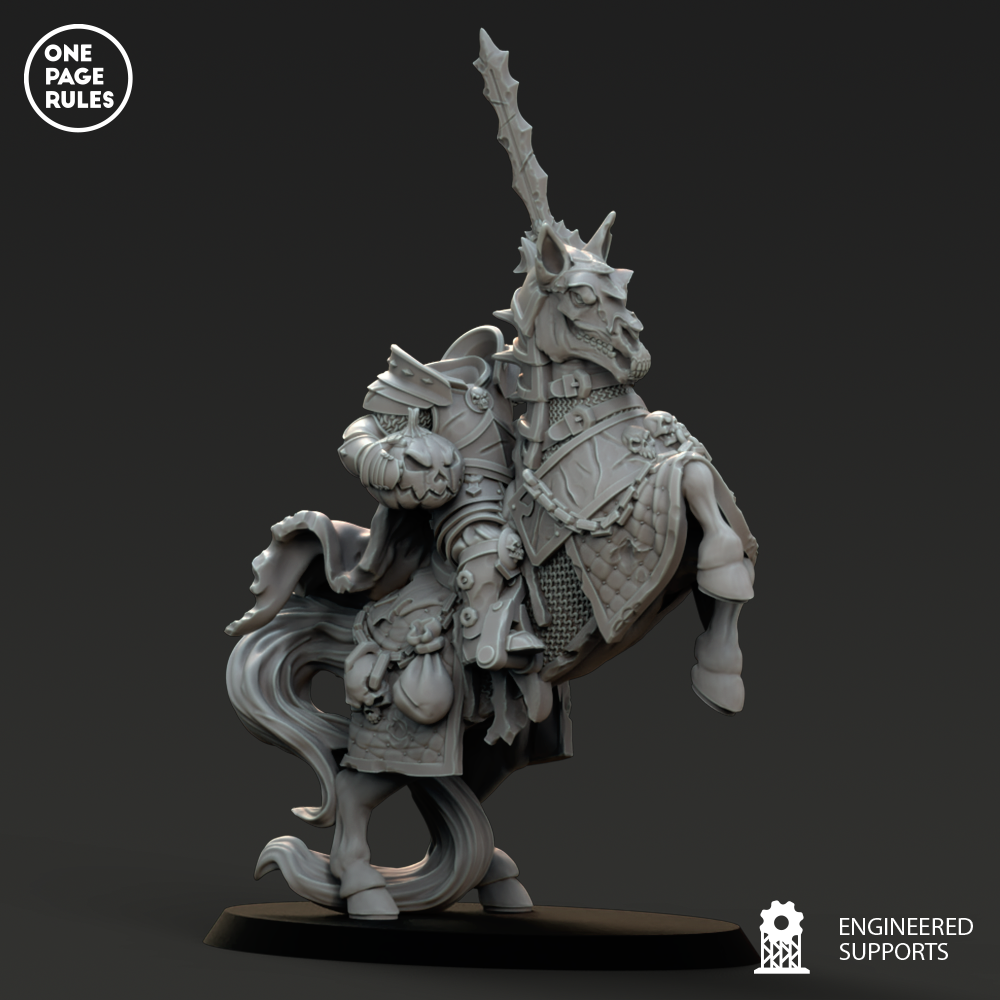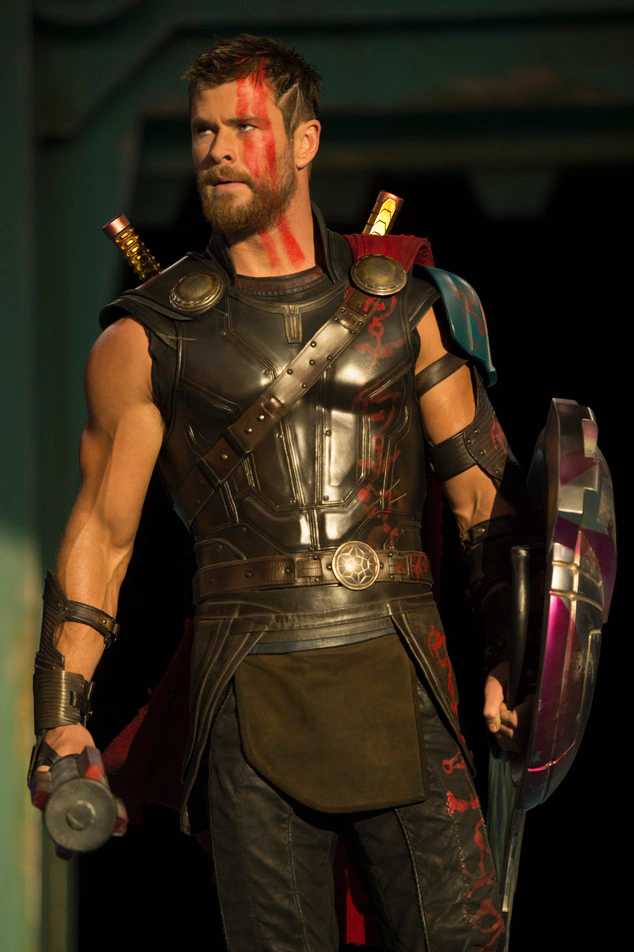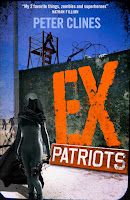As some of you know, I play tabletop games. I have for about… wow, almost twenty five years now. I spend a month or so painting up a hundred-plus little toy soldiers and then my friends and I roll dice and move them around the tabletop. The hobby side of it is kind of meditative for me, the gaming side is a great reason to hang out with friends.

I started out playing a lot of Warhammer 40K and Fantasy, but for the past two years or so I’ve been much more into One Page Rules (shameless, unsponsored plug). It’s a simpler game that lets you use a lot of the same models (if you want), but doesn’t require as many books and charts and dice rolls to do things, which means we can focus more on just hanging out and having fun. Which is, y’know, kind of the point of most games.
But one thing we’re still getting used to is the balance shift. Because OPR doesn’t use as many mechanics as 40K, a lot of actions and results seem under- or overpowered to what my gaming group’s used to. We want things to behave a certain way, yeah, but we also don’t want to discover that something’s drastically weaker or waaaaaaaay too unstoppable now. This is an inherent part of most gaming—no player should have an immediate or inherent leg up over the others.
And it may sound obvious but… games are set up that way so it’s fun for everyone. Yeah, every now and then it’s great to when everything goes your way and it feels like you’re essentially playing in god mode. With the right people, you can even have fun when absolutely nothing works out for you. But if this is the standard result… well, it gets frustrating and boring really fast. Who wants to play a game where whoever gets to play the blue guys always wins? Even when you’re the blue guys, it gets boring.
So, what does all this have to do with writing?
Well, stories need a degree of balance, too. We want characters to have a chance at achieving their goals, but we also want them to face a challenge getting there. If my story leans too far one way or the other, well…
If my antagonist is all-powerful, and my hero never has a chance… that’s boring as hell. There might be a few dramatic moments if I do things just right, but probably not. The truth is, we want to see our heroes win on some level, and if it becomes clear the only real outcome is getting ground into the dirt… I mean, who wants to read that?
I’d also point out that beating the antagonist doesn’t mean defeating them utterly. There are pyrrhic and moral victories, too. But as far as my main character is concerned, they have to have a chance to succeed at their particular goals. No chance means no interest.
The flipside of this is also true. If my main character is completely prepared and capable and never loses or suffers any setbacks… that’s not very interesting either. It might be kind of amusing to watch Reacher take out that one wiseassed teenager, but if all he did for ten episodes was beat up unarmed sixteen year olds again and again, it’d get uncomfortable pretty fast. And then boring. Characters who are basically playing in god mode aren’t interesting because they never get challenged. The reader (or audience) quickly understands there’s no danger or threat the hero can’t deal with. Ever.
Like, okay, let’s talk superheroes for a minute. Look at Thor. An actual god in the Marvel Universe. And the only character to get four dedicated movies. But let’s look at those movies for a moment. They’re not all winners. Even the most die-hard Marvel fan will admit this. I don’t think I’m out of line saying most people would probably say the original Thor and Ragnarok are the better two, while Dark World and Love & Thunder are the lesser two. The exact order shifts for everyone, I’m sure.
Now, if you accept this rough order, let me ask a question. What makes these two pairs different? What happens in Thor and Ragnarok that doesn’t happen in the other two?

Y’see, Timmy, I think one of the big reasons those two movies are more popular is that Thor loses his godlike powers (and his connection to Asgard) in both of them. In the first one they’re stripped away by Odin as a lesson. In the second his mystical hammer, Mjolnir, is destroyed, and much of his power lost (or is it…?). Both times things that would normally be easy for him are suddenly very difficult, and he’s forced to adapt and improvise and change. Y’know, good character stuff.
And in the other two movies he’s.. a god. Dealing with other gods. Doing god stuff. In god mode.
If I’ve got an overly powerful protagonist or antagonist in my story, maybe I should take another look at her or him. Do they need to be that strong? Wouldn’t they be more interesting with feet of clay? Maybe both feet and a leg?
Isn’t my story going to be a bit more interesting if the outcome doesn’t seem guaranteed from the start?
I mean, I think it would. But I’m weird that way.
Next time, I’d like to talk about something simple.
Okay, technically, next time will be the newsletter going up here. But after that… something simple.
Until then, go write.








